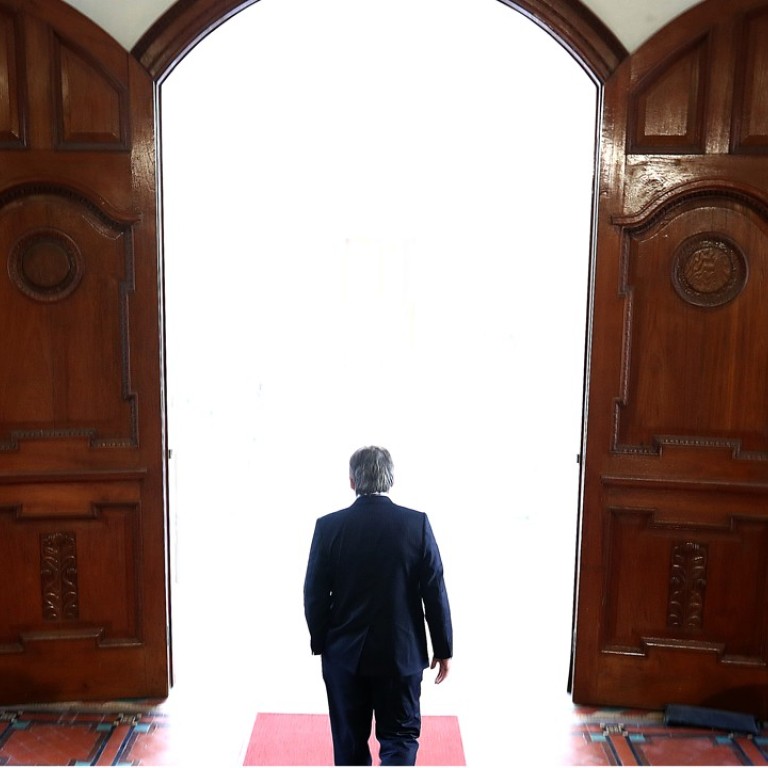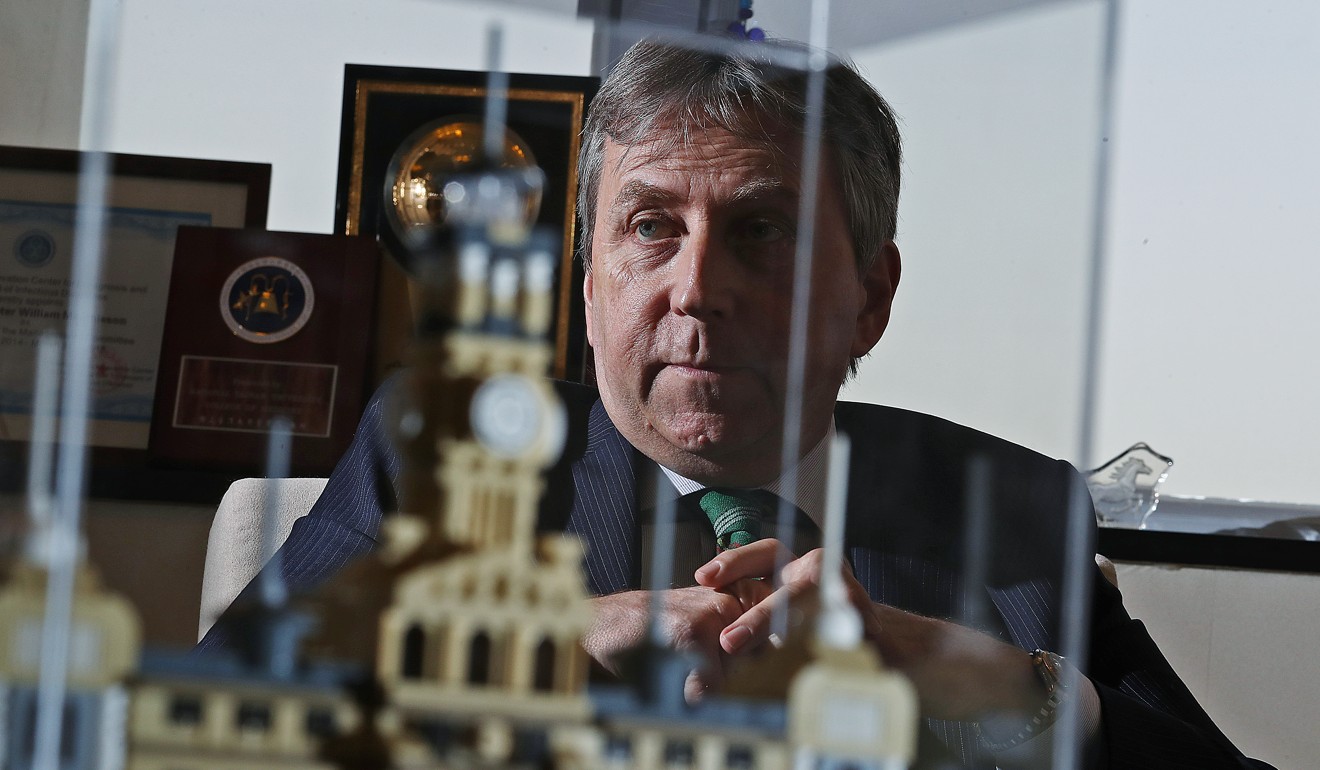
Advice from government bodies to Hong Kong’s universities could amount to meddling, lawmaker says
Education sector legislator Ip Kin-yuen expresses concern about comments by HKU chief that he has conversations with Beijing’s liaison office ‘all the time’
Any direct advice given by local or mainland government bodies to Hong Kong’s universities could amount to meddling with their institutional autonomy and academic affairs, a legislator has warned.
Other officials Mathieson claimed to speak to regularly included Hong Kong leader Carrie Lam Cheng Yuet-ngor, her predecessor Leung Chun-ying, Hong Kong’s education secretary as well as representatives from the mainland’s Ministry of Education.
Ip said Mathieson’s assertions, if true, were serious and could suggest breaches of the city’s mini- constitution.
“We are not saying the liaison office or Hong Kong government or the chief executive cannot have any contact or communication with universities at all. If it’s just normal communications to understand [issues more] then it’s no problem,” Ip said.

“But if it is the case that they ‘gave advice’ – especially of a direct nature – then it could amount to interference, intervention or even suppression. These would absolutely be in violation of the Basic Law.”
Ip cited Article 137, which states that all educational institutions may retain their autonomy and enjoy academic freedom, and Article 22, which stipulates that no department of the central government nor its provinces, autonomous regions or municipalities may interfere in affairs that Hong Kong administers on its own in accordance to the Basic Law.
Outgoing HKU chief says Beijing officials meet him ‘all the time’ and wishes higher education ‘wasn’t so politicised’
“This of course includes higher education,” Ip said. “The concept of institutions being autonomous is something that neither local government officials nor mainland government officials should interfere in.”
He urged Mathieson to furnish the public with more details about what sort of exchanges took place, their contents, and whether it involved any orders or pressure to execute or refrain from certain actions in any way.
In the interview with the Post, Mathieson said that apart from local officials, he was also given advice “all the time” by the liaison office.
A turbulent tenure: HKU vice chancellor reflects on his time at the helm of Hong Kong’s oldest university
“All the university leaders have had contact with the liaison office, and the office takes an interest in education in Hong Kong, as in other affairs,” he said. “I consider that part of my job.”
He described his tenure at the helm of the city’s oldest university as filled with “pressure from everybody” including politicians across the spectrum, alumni, students, staff and the media.
But he added: “They can tell me what they think I should do, but basically I do what I believe to be in the best interest of the university.
“Yes, there has been pressure, but I don’t regard that as unreasonable.”
Mathieson, who steps down later this month, will be succeeded by mainland-born mechanical engineering expert Professor Zhang Xiang from the University of California, Berkeley in the United States.

